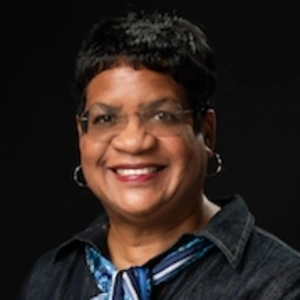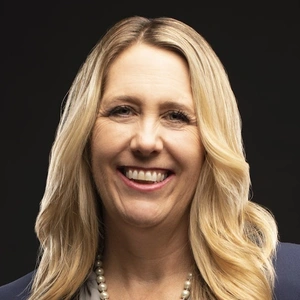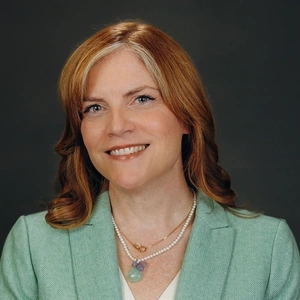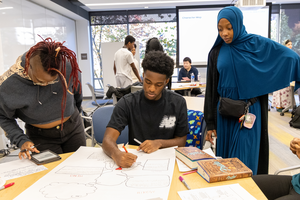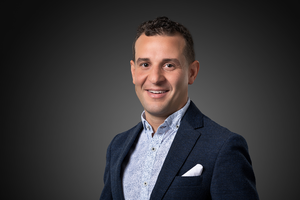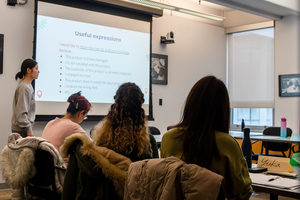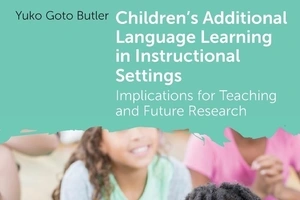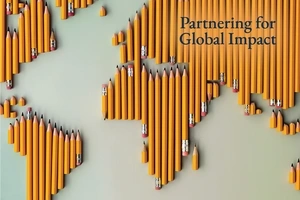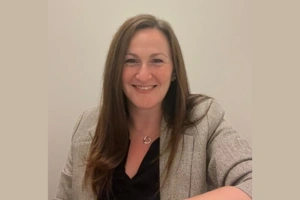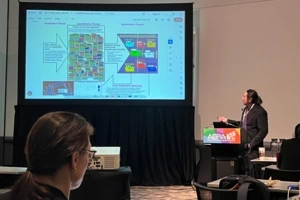Faculty Expert
-
Diane Waff
Director Emeritus of the Philadelphia Writing Project
As schools prepare to welcome students for a new school year, educators have renewed their focus on creating safe, collaborative, and nurturing spaces. In that spirit, this year’s Penn GSE “2023 Celebration of Writing and Literacy Conference” (COWL) will center on creating environments that support students and their communities.
On Oct. 14, Penn GSE will host educators, students, practitioners, and community leaders for the day-long “Creating Brave Spaces in Schools and Communities” event at the Penn Museum. Organizers are currently seeking proposals for presentations of original curriculum, research, or pedagogy related to this theme. The deadline for submissions is Aug. 18.
The gathering is presented in partnership with the Philadelphia Writing Project (PhilWP), the Teacher’s Institute of Philadelphia (TIP), Penn GSE’s Mid-Career Doctoral Program in Educational Leadership, the Penn Museum, and the Library of Congress’ Teaching with Primary Sources.
Conference organizers hope the attendees will share best practices and insights to re-establish school and classroom communities as schools recover from the pandemic’s impacts. After a prolonged absence from the classroom, educators have renewed efforts to create authentic, positive physical and emotional spaces that nurture learning and development.
“As partners, we talked a lot about the influence of COVID-19 on the social dimensions of learning in schools and communities and the toll it has taken on our ability to create a climate of collaboration and respect both in and outside of school,” said PhilWP Director Emeritus Diane Waff.
In that spirit, educational leader Gholdy Muhammad is set to deliver the keynote address, which will focus on inspiration and motivation in academics. Muhammad is an author and associate professor of Language and Literacy at Georgia State University, where she serves as the director of the Urban Literacy Collaborative and Clinic.
In her work, Muhammad champions joy in learning and developing identity, skills, intellect, and criticality in education. She spotlights how African American literacy societies in large cities, such as Philadelphia, have created a community approach to literacy and learning for individuals denied access to educational resources.
“Following this model, we hope to provide space for educators of all backgrounds to share and expand their knowledge collaboratively,” noted TIP Director Edward Epstein.
The conference started in 2005 to provide teachers in Philadelphia with a forum to share research and knowledge generated from their classrooms and school communities. In recent years, COWL expanded to include resources from partners and invited students, educators, and community leaders nationwide.
For 2023, Penn GSE’s Mid-Career program is joining the conference for the first time. Organizers said it will offer a fresh perspective, and attendees will “see the interrelationship between administrators, teachers, and other stakeholders in shaping thoughtful, powerful, and effective responses to real-world challenges,” Waff shared.
Waff, who previously led PhilWP as its director for 13 years, recently retired from Penn GSE as a Professor of Practice and stepped down from her leadership role at PhilWP. However, she will continue to be very involved in the organization in a volunteer leadership capacity over the next year to help ensure a smooth transition to the newly named leadership—Faculty Director Amy Stornaiuolo and Director Jen McLaughlin Cahill.
At last year’s conference, which focused on environmental justice and learning, about 40 participants submitted proposals, and 150 attendees gathered for the first in-person meeting since the pandemic. This year, they hope to field submissions from teachers, administrators, GSE students, community-based educators, and other disciplines. Waff and Epstein expect to host between 300 and 400 participants, with a boost from the Penn GSE Mid-Career program and a strong School District of Philadelphia presence.
“We think the theme puts a spotlight on what it takes to create school/community and classroom contexts that are authentic, positive relational spaces that are safe and nurturing for students and adults,” Waff said.
LEARN MORE: Read the proposal submission guidelines and find the link to submit here.
Media Inquiries
Penn GSE Communications is here to help reporters connect with the education experts they need.
